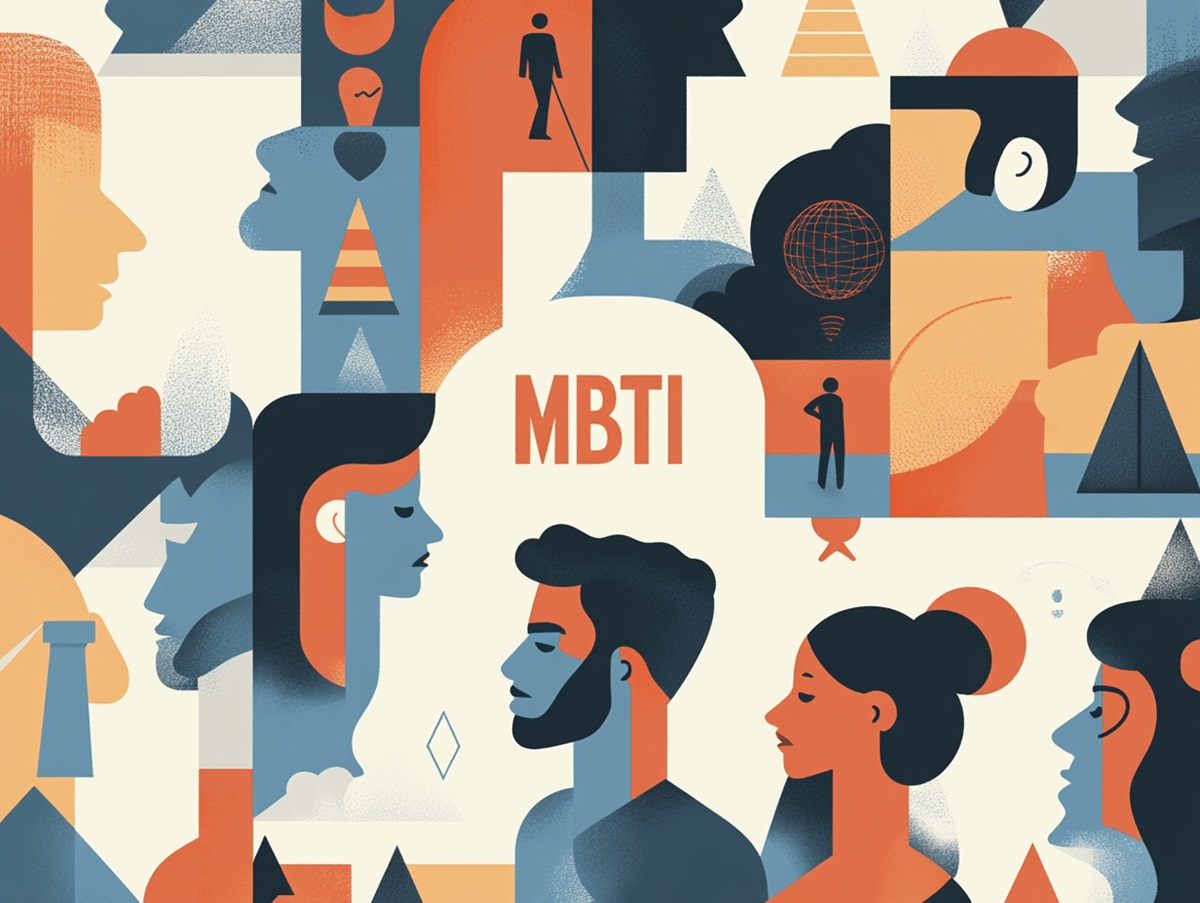
The 16Personalities quiz, based on the MBTI, is a popular tool for self-reflection that categorizes individuals into one of 16 personality types. These types are based on four dichotomies: Introversion vs. Extraversion (I/E), Sensing vs. Intuition (S/N), Thinking vs. Feeling (T/F), and Judging vs. Perceiving (J/P).
While this framework offers a starting point for exploring your tendencies, it’s important to acknowledge its limitations. Personality traits don’t rigidly determine how someone learns, and learning preferences can vary significantly even among people of the same type. Additionally, the suggested approaches here are not scientifically validated but rather inspired by general tendencies associated with each personality group.
Instead of seeing these descriptions as fixed rules, consider them as prompts for reflection and experimentation.
Analysts (INTJ, INTP, ENTJ, ENTP)
Possible Tendencies:
Individuals in this group may enjoy exploring abstract ideas, engaging in problem-solving, and questioning established systems. However, these traits are not universal, and personal learning preferences can differ widely.
Suggested Strategies:
- Experiment with frameworks or systems that align with your goals.
- Engage in discussions or debates to deepen understanding.
- Balance independent study with collaborative activities to avoid isolation.
Diplomats (INFJ, INFP, ENFJ, ENFP)
Possible Tendencies:
Diplomats are often described as creative, empathetic, and value-driven. While some may thrive in meaningful, collaborative environments, others might prefer solitary reflection or structured learning.
Suggested Strategies:
- Explore ways to connect your learning to your personal passions and values.
- Try both group-based activities and independent projects to see what suits you best.
- Use journaling or storytelling to organize complex ideas.
Sentinels (ISTJ, ISFJ, ESTJ, ESFJ)
Possible Tendencies:
Sentinels are often associated with structure, practicality, and consistency. However, not everyone in this group will approach learning the same way—preferences can range from highly structured methods to more adaptive approaches.
Suggested Strategies:
- Test out detailed planning and scheduling techniques to stay organized.
- Experiment with practical applications of knowledge, such as case studies or role-play.
- Incorporate feedback from others to refine your understanding.
Explorers (ISTP, ISFP, ESTP, ESFP)
Possible Tendencies:
Explorers are often described as action-oriented, flexible, and hands-on learners. That said, some may also benefit from structured environments or theoretical exploration depending on the context.
Suggested Strategies:
- Seek out hands-on or experiential learning opportunities.
- Balance unstructured exploration with periodic check-ins or milestones.
- Combine social learning with independent study to suit your mood or task.
The Importance of Flexibility
While your 16Personalities quiz results can provide insight into general tendencies, remember that learning preferences are highly individual. Fixed categories can oversimplify the complexity of personal growth. Effective learning often involves experimenting with a variety of approaches to find what resonates with you in different contexts.
Think of this guide as a starting point for reflection rather than a definitive map. Your learning style is as unique as you are—and it can evolve over time!
So, how will you experiment with different strategies to unlock your potential? Let us know in the comments below!



